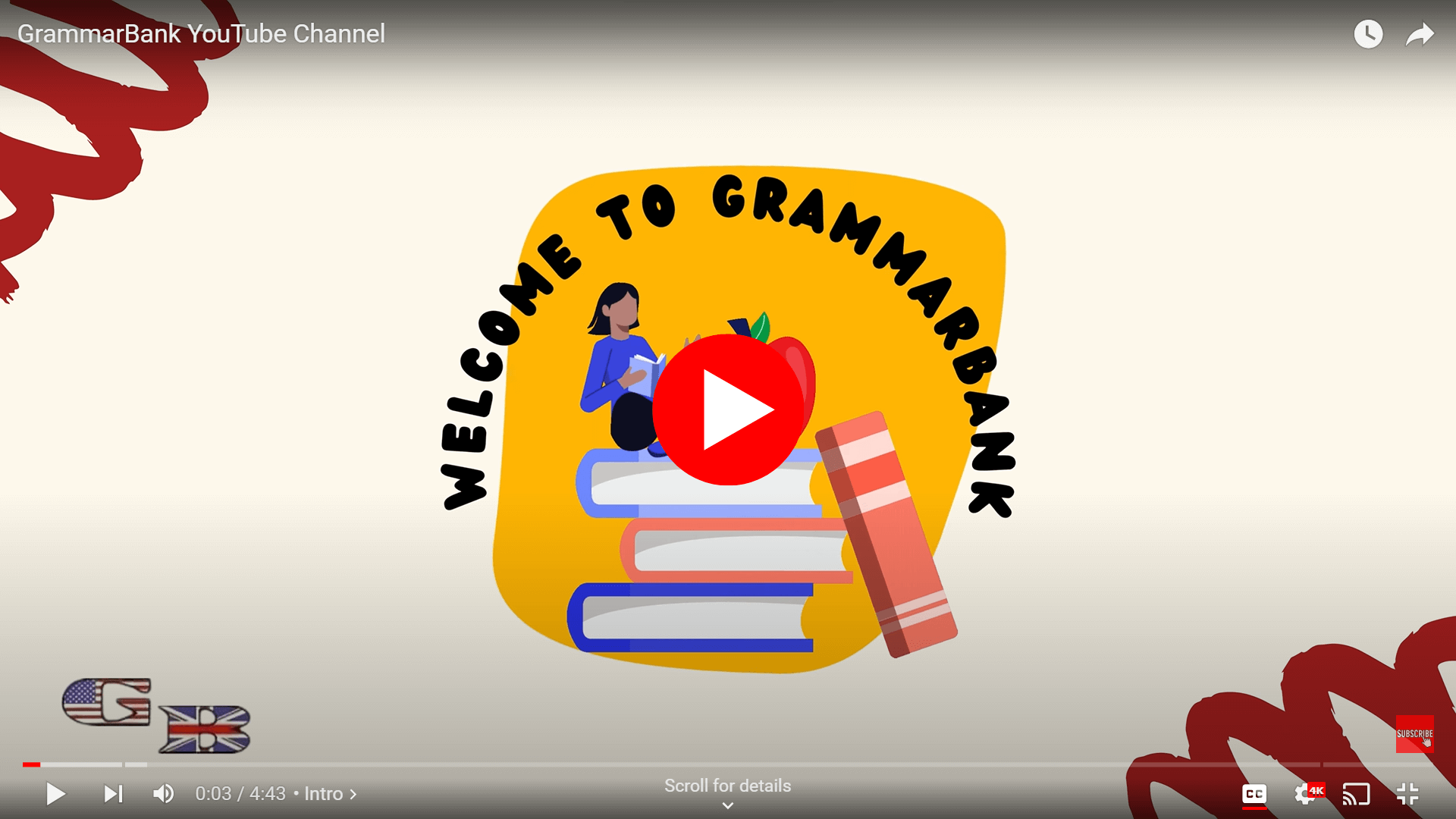Comma
Comma is a punctuation mark that groups and separates words within a sentence. It indicates a pause. Below are some of the most common comma use cases.
•1. Use a comma before and, but, or, nor, for, yet, and so when these words connect two independent clauses.
I was forced to carry the bricks, so I was very tired.
• 2. Use commas to separate items in a series.•1. Use a comma before and, but, or, nor, for, yet, and so when these words connect two independent clauses.
I was forced to carry the bricks, so I was very tired.
I own goats, chickens, geese, and cattle.
The dog jumped over the fence, growled at me, and raced up a tree.
Unless you come right home, unless you clean up your room, unless you finish your homework, you can't go anywhere.
• 3. Use a comma after introductory dependent clauses, introductory verbal phrases, and lengthy introductory prepositional phrases.
Even though I confessed, the judge will send me to prison.
Seeing what the storm did to my hometown, I cried.
With a sudden roar from all six engines, the jet took off.
• 4. Use commas to set off non-essential phrases and clauses and any other element which clearly interrupts the normal flow of the sentence.
Alan, who hates onion, won't eat pizza.
Nina, on the other hand, will eat anything.
You understand, Randy, that you will receive not another penny?
You'll send me a postcard, won't you?
I'm going to military, not a resort.
• 5. Use commas to set of direct quotations.
"I'm going now," he moaned, "and don't expect me back."
He screamed, "Grab the loot, and let's get out of here!"
• 6. Use a comma to separate items in dates and addresses.
April 7, 2010, is the date of his birth.
Her address is 113 Moon Street, Concord, California.
• 7. Use a comma to prevent the misreading of a sentence.
While fighting, my brother always attacks first.
• 8. Use a comma to separate two adjectives if the word 'and' would be used to join them.
It was an old, dilapidated house.
It was an old blue house. (not





Comments